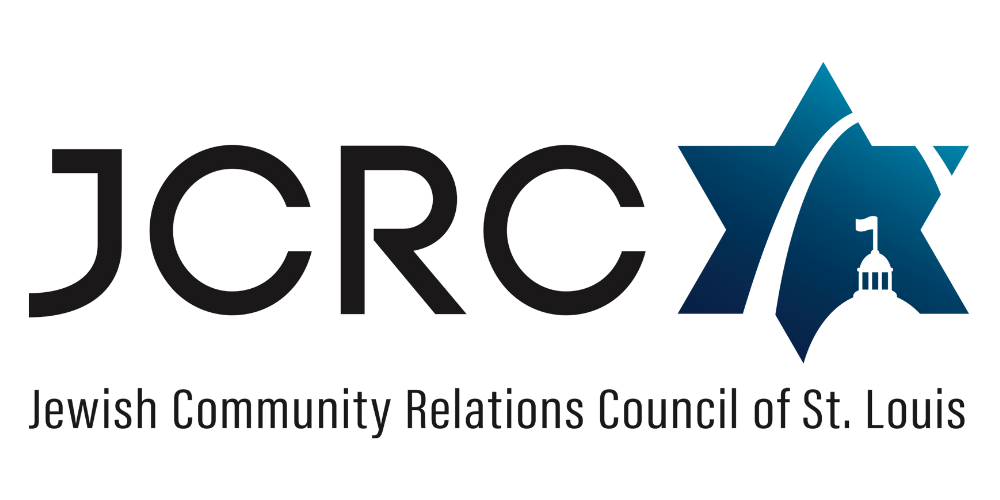April 2007 Comprehensive Immigration Reform
Resolution on Immigration Reform
Comprehensive reform of the United States immigration system is long overdue. The current morass of illegality, human suffering and violence must be ended.
In 2004, the JCPA adopted a resolution in favor of comprehensive immigration reform. Since that time, the lack of federal movement has caused state governments, local municipalities, and individual citizens to take action on their own, leading to broad ranging policies that have lacked uniformity and caused increased confusion. There is growing recognition of the need for broad-based workable solutions and a consistent approach by the states and the federal government.
The following resolution on immigration reform is founded upon American values of democracy, tolerance, entrepreneurial spirit and equality under the law and core Jewish values of human rights, human dignity and fairness.
The JCRC believes that:
1. Recognizing that nations have the right and need to secure their borders and that national security is of critical importance:
a) The United States has a valid national interest in promoting the rule of law, securing borders and excluding those who engage in criminal or terrorist activity.
b) The U.S. should develop effective, reasonable and consistent security standards, to be applied to those wishing to enter as well as to those who are already here, whether legally or illegally.
c) The U.S. should allocate sufficient resources for the enforcement of immigration laws.
2. Recognizing the inherent value and uniqueness of all individuals, their diverse origins, and the contributions that they can and do make to this country, many who migrate to the United States, are, for the most part:
a) Hardworking and willing to endure great personal sacrifice to improve their circumstances;
b) Devoted to family values, seeking to provide a better future for their children, and committed to educating their children; and
c) Open and eager to embrace American culture and values, while preserving the culture and values of their countries of origin.
3. Recognizing that the United States was founded by individuals who came here in search of religious and political freedom and economic opportunity, and based upon the ethical imperative to 'welcome the stranger,' United States policy should make every effort to:
a) Institute uniform, compassionate and humane protocols and criteria to process refugee and asylum claims, so that those fleeing persecution are protected; and
b) Be accessible and welcoming toward those who wish to come here to work and live.
4. In view of the core American principles of equality, fairness and due process of law:
a) Those entering the country legally with the intention to settle here permanently should not be subject to a delayed process as a result of any administrative procedures or legislative changes.
b) A rational, timely, and judicious mechanism should be developed to establish immigrants' status.
c) Punitive measures that criminalize actions by immigrants, social service providers, and others--actions that would not otherwise be prohibited--are unrealistic, potentially discriminatory, and harmful to individuals and communities.
d) Undocumented workers are vulnerable to exploitation in the workplace and should be afforded appropriate protection as to working conditions and standards.
e) A family reunification policy should be implemented to eradicate the prolonged and inhumane separation of family members: children and parents, spouses, and siblings.
5. Recognizing that the United States has an interest in economic growth and revitalization:
a) A rational system of immigration fosters entrepreneurship, attracts productive workers, and helps the nation maintain its competitive edge.
b) When those presently undocumented become "legal," their contribution to the U.S. economy through work, paying taxes, and buying goods and services is enhanced.
c) For the U.S. to remain on the cutting edge in the sciences, the humanities, and the arts, and to foster the cross-cultural exchange of ideas that enriches our society, U.S. policy should be welcoming to students, researchers, academics and artists
d) Any changes in immigration laws must not erode the ability of American citizens to compete fairly for jobs at all skill levels.
6. Recognizing the American commitment to democracy and to the democratic decision-making process:
a) Those individuals and groups who will be most affected by U.S. immigration policy should have an opportunity to be represented in the reform process.
b) The Jewish community should continue to work in coalitions and partnerships with these individuals and groups and should participate actively in the reform process.

